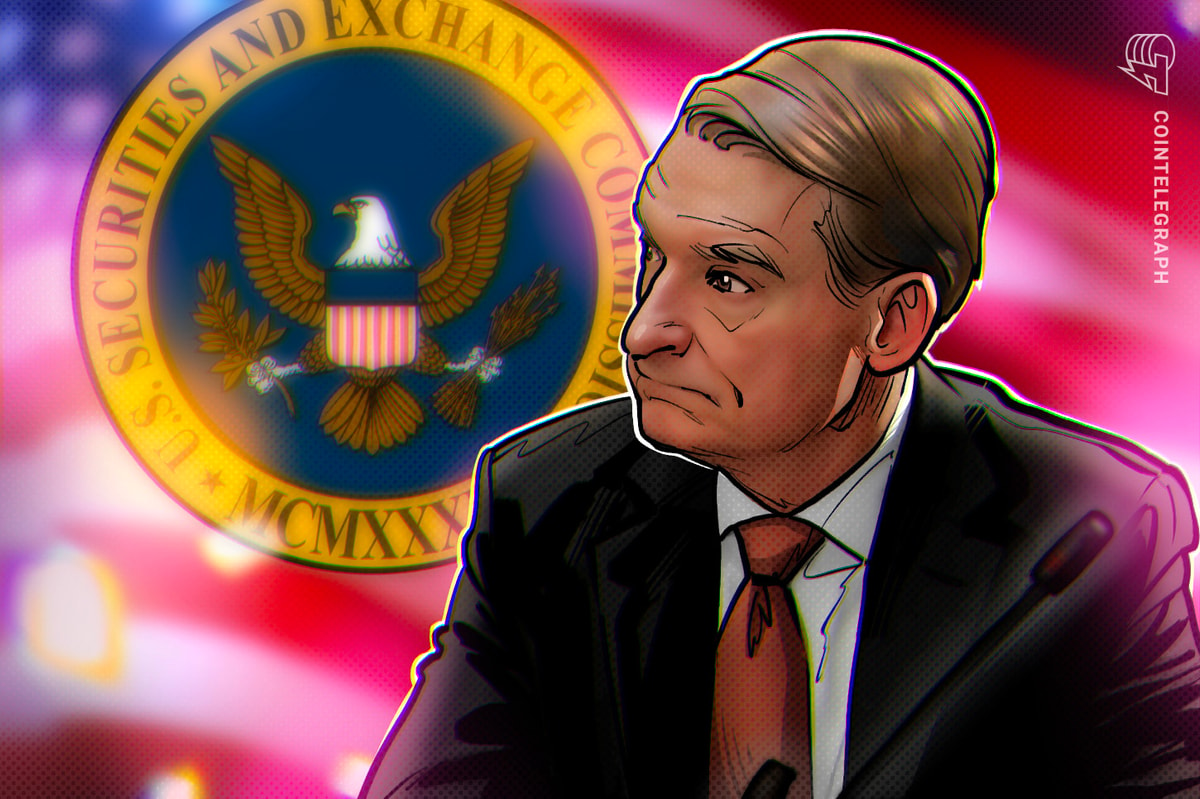Atlanta Fed President Bostic to retire in early 2026
3 min read

David Paul Morris/Bloomberg
- Key Insight: Federal Reserve Bank of Atlanta President Raphael Bostic, the first black and openly gay head of the regional bank, will end his term in early 2026. Until a successor is appointed, Cheryl Venable, vice president of the Atlanta Fed, will step in to fill the role.
- Expert Quote: “I’m proud of what we accomplished during my tenure to turn the lofty goal of an economy that works for everyone into more of a reality.” — Federal Reserve Bank of Atlanta President Raphael Bostic
- What’s at stake: Bostic’s retirement plans will have an impact on the composition of the Fed’s rate-setting committee. Though the Atlanta Fed’s president will not vote on the committee until 2027, a reshuffle may change the balance of what part of the dual-mandate the central bank focuses on.
Federal Reserve Bank of Atlanta President Raphael Bostic announced Wednesday that he plans to retire after more than eight years in the role.
Bostic’s term — along with all regional Fed bank presidents — ends on Feb. 28, 2026, and Bostic said he will not seek reappointment, according to an announcement from the Atlanta Fed. Until a successor is named, Cheryl Venable, first vice president and chief operating officer of the Atlanta Fed, will serve as interim president.
Bostic, who took office June 5, 2017, is the 15th president of the Atlanta Fed. He was the first Black and openly gay president of a regional Federal Reserve bank and has often
“I’m proud of what we accomplished during my tenure to turn the lofty goal of an economy that works for everyone into more of a reality, and I look forward to discovering new ways to advance that bold vision in my next chapter,” he said in a Wednesday press release.
Bostic, a rotating voting member on the Fed’s rate-setting committee, departs as divisions among policymakers are
In recent speeches, Bostic has expressed caution about cutting interest rates, citing persistent inflation and uncertainty surrounding President Trump’s tariff policies.
“Today, things are very much in flux, there’s a lot of uncertainty,” Bostic said in a speech from early July. “And what it means for me is, before I want our policy to move in any dramatic direction, we’ve got to let things sort out.”
Fed Chair Jerome Powell, commenting on Bostic’s retirement, said the Atlanta Fed president provided a perspective that “enriched the Federal Open Market Committee’s understanding of our dynamic economy.”
“His steady voice has exemplified the best of public service — grounded in analysis, informed by experience, and guided by purpose,” Powell said in a statement Wednesday. “His leadership has strengthened our institution and advanced the Federal Reserve’s mission.”
Bostic’s tenure was not without controversy. In 2022, he faced scrutiny
He has claimed he was not aware of the specific trades or timing of the transactions, which were made by a third-party manager in accounts where he did not have ability to direct trades.
Prior to his role at the Atlanta Fed, Bostic chaired the Department of Governance, Management and the Policy Process at the University of Southern California’s school of public policy.






